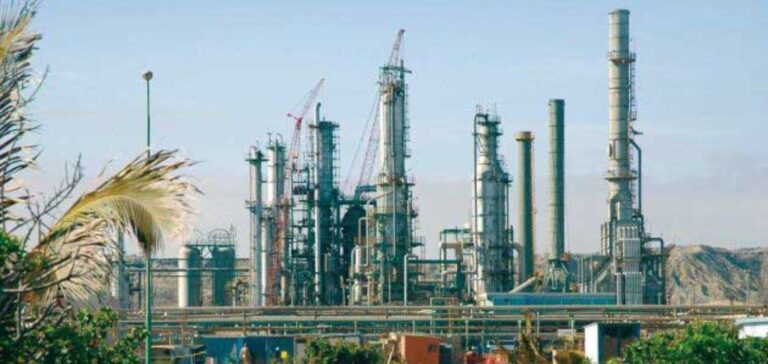The Presidents of Peru, Dina Boluarte, and Ecuador, Daniel Noboa, met in Lima to strengthen bilateral cooperation in critical areas. At this meeting, the two leaders signed a joint declaration focusing on the fight against transnational crime and the integration of oil operations.
Transnational Crime Unit
Dina Boluarte underlined the importance of this agreement, stating that both countries have defined specific commitments to combat transnational organized crime. This collaboration will include coordinated efforts to manage the challenges of illegal migration and illegal mining, two major issues affecting regional stability.
Daniel Noboa expressed his optimism about this cooperation, stressing that unity between Peru and Ecuador is essential to secure their borders and protect their citizens. The two presidents agreed to exchange information and conduct joint operations to dismantle criminal networks.
Oil integration: A new era of cooperation
In addition to safety initiatives, discussions also focused on oil integration. Dina Boluarte has announced the possibility of processing Ecuadorian oil at the Talara refinery, a facility owned by state-owned Petroperu. This collaboration could provide crucial support to Petroperu, which is facing major financial difficulties and high debts.
The refining initiative could not only strengthen Petroperu’s position, but also create a beneficial synergy for both countries. Refining Ecuadorian oil in Peru could increase production capacity and open up new economic opportunities.
Challenges and future prospects
However, this collaboration is not without its challenges. Petroperu, currently in financial difficulty, will need to find ways of stabilizing its situation to maximize the benefits of this partnership. The two governments will also have to ensure efficient and transparent management of this initiative to avoid the pitfalls of corruption and bureaucratic inefficiencies.
Nevertheless, the prospects for this partnership are promising. By strengthening their cooperation, Peru and Ecuador can not only improve their internal security, but also strengthen their position in the regional energy sector. This initiative could also attract international investment and stimulate economic development in both nations.
This meeting marks a significant milestone in bilateral relations between Peru and Ecuador, paving the way for increased collaboration in a variety of areas. The coming months will be crucial for the implementation of the agreements signed, and for assessing their impact on the security and economy of both countries.






















